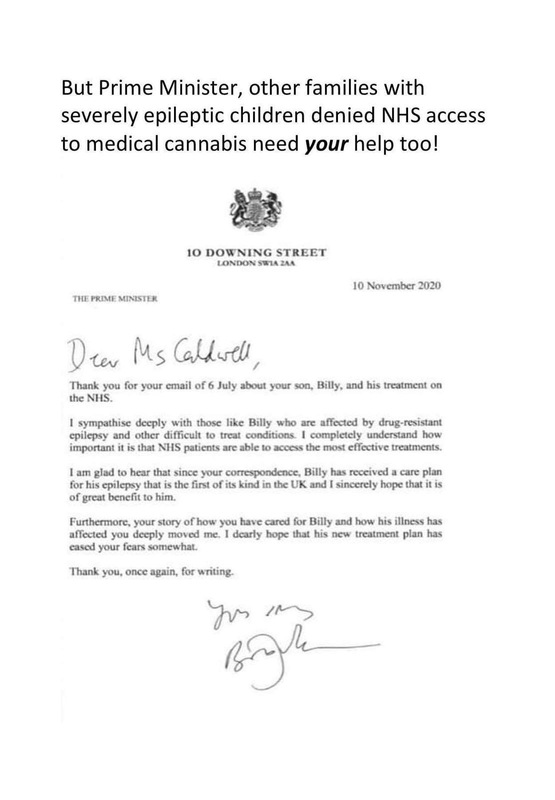
Structural impunity describes a situation where an institution can make flawed or harmful decisions without facing consequences, and then reorganise itself to avoid accountability in future.
It is not about one bad actor or one poor judgement. It is a pattern where the machinery of a system shields itself while leaving individuals powerless.
At its core, structural impunity means the system is insulated from the effects of its own mistakes. A wrong decision is overturned, evidence shows the harm, yet the structure reacts by tightening the rules so the same challenge cannot happen again. No one is accountable, and no one is required to change course.
The case of the Griffiths family highlights this in stark terms. They followed the NHS Individual Funding Request process exactly as instructed. Their son’s appeal succeeded because the refusal had been unreasonable. Evidence showed exceptional benefit, cost effectiveness, and improved quality of life. In a healthy system, this would trigger reflection and improved access for others.
Instead, internal NHS England discussions led to the opposite. Their success was used to justify closing the pathway. The IFR process was declared “not appropriate” for the same treatment that had just been approved. Other families were denied with copy and paste language. A policy failure was not corrected. It was cemented.
This is the heart of structural impunity. A system that admits an error, reforms nothing, and then blocks anyone else from exposing the same fault. It protects its own processes rather than the children those processes are meant to serve.
Structural impunity is not abstract. It creates two tier access, entrenches inequality, and erodes public trust. It leaves families navigating a system designed to stop them, not support them. And, crucially, it leaves no one answerable when things go wrong.

Next Steps
To address structural impunity in cases like this, several actions are essential.
A formal public inquiry into medical cannabis access.
Families need an independent examination of how decisions are being made, why pathways are blocked, and why successful appeals result in tighter restrictions rather than wider access.
Mandatory transparency in IFR decision making.
Every Integrated Care Board and NHS England team must publish data on cannabis based IFR submissions, refusals, appeals, and rationales.
Clear national guidance on prescribing unlicensed cannabis based medicines.
Specialists need consistent rules, and families need predictable routes to access. The current vacuum enables arbitrary decision making.
Safeguards against policy shutdown after successful appeals.
Appeal wins should trigger review and reform, not the closure of pathways.
Parliamentary oversight.
MPs should be briefed on these systemic failures and asked to push for reform through Health Select Committee scrutiny.
Protection for families seeking access.
Parents should never face criminalisation or safeguarding threats when forced to seek alternatives because the NHS refuses to provide clinically effective treatment.
Structural impunity thrives when institutions operate without scrutiny. The solution is sunlight, oversight, and policy reform that restores accountability and places patients at the centre of decision making.






